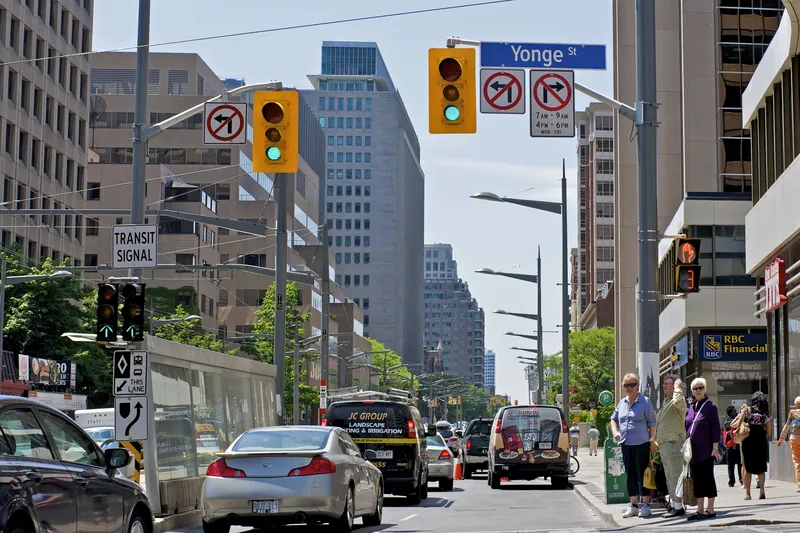Sweeping changes that will make the north-east city of Newcastle one of the easiest cities to get around look set to get the green light this week.
Described by Newcastle City Council as the biggest change in a generation, the US$30.7 million programme of transport works and smart traffic signal technology is intended to make Newcastle one of the most accessible cities in the UK within five years.
A report to the city council Cabinet highlights the huge benefits for pedestrians, cyclists, users of public transport and motorists. It says new layouts and traffic light technology to cut traffic congestion, complemented by major investment in the A1 and A19 by the
The council says the transport schemes have been in the planning for years but have only now have been made possible following funding from the Government’s Local Growth Deals matched by investment from Newcastle City Council. Improvements to routes across the city will be the first priority.
Smart traffic technology being installed at all the junctions as part of the work will help control traffic and even pedestrian flow to prevent the build up of congestion.
Newcastle’s urban traffic management centre based at
A ‘transport revolution’ for Newcastle
Sweeping changes that will make the north-east city of Newcastle one of the easiest cities to get around look set to get the green light this week.
Described by Newcastle City Council as the biggest change in a generation, the US$30.7 million programme of transport works and smart traffic signal technology is intended to make Newcastle one of the most accessible cities in the UK within five years.
A report to the city council Cabinet highlights the huge benefits for pedestrians, cyclists, users of pub
July 21, 2014
Read time: 2 mins







